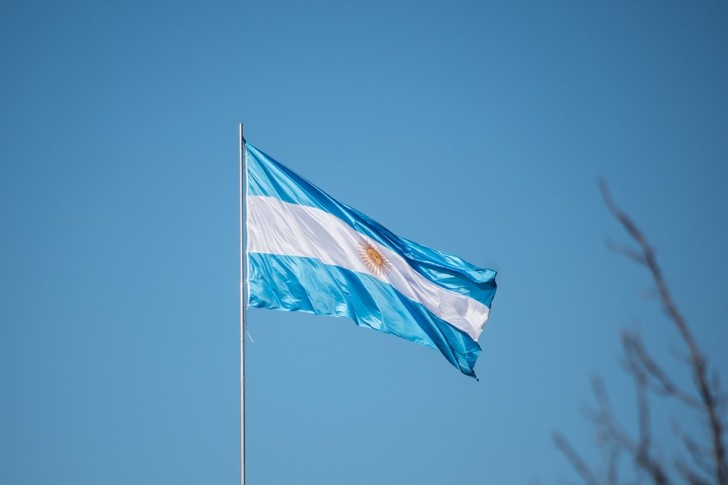Ban to Boom
The Central Bank of Argentina (BCA) had announced at the last day of October, that Argentinians would be no longer allowed to purchase Bitcoins using their credit cards. The ban was enforced to stop the outflow of money from the inflation hit country. The ban, however, has had an opposite effect.
Peer to peer trading platform Localbitcoins.com data shows that since the ban, the trading volume from Argentina has actually increased. With people now forced to use other means of acquiring Bitcoins, Localbitcoins.com offers a unique way as it allows people to directly interact to buy and sell Bitcoins. The platform acts as an escrow services and releases Bitcoins when both parties agree that a transfer of money (bank to bank, in person etc.) has been made.
This has actually pushed for more acquisition of Bitcoin, rather than stop it, as the BCA ban intended. Citizens of the South American country traded nearly 20 million Argentinian Pesos in the last week. This is the highest volume ever recorded in Localbitcoins.com. The numbers are not so impressive in terms of total Bitcoins purchased. A mere 30 BTC is all that was traded. However, the relatively low amount of the cryptocurrency is due to the hyperinflation Argentina is facing.
Venezuelan Brothers
Venezuela, another South American nation, is also facing hyperinflation and that has also led the locals to invest in assets that appreciate with time. Cryptocurrencies such as Bitcoin offer an excellent opportunity. The economic condition is far worse than Argentina and consequently, more people invest in cryptos. During the same time Argentinian market made records of trading 31 BTC, the Venezuelan counterparts traded 627 BTC through Localbitcoins.com. The government has launched a state cryptocurrency, Petro. However, the locals are not happy with the government backed blockchain asset, with one founder of a Bitcoin finance startup, Mauricio Di Bartolomeo saying,
The Venezuelan Petro is everything Bitcoin stands against.
Venezuelans have been finding solutions to access Bitcoin in very innovative ways. A local startuphas created small devices that work on peer to peer mesh network to connect to the internet and allow people to spend their Bitcoins, even if there is a power outage and they cannot get online.
The Argentinian move was hastily made, with only credit cards being said to be stopped. There was no mention of prepaid cards or debit ones in the central bank declaration. Proponents of cryptocurrencies say that the ban is useless as people are still able to trade using other methods.
 Saad Ullah
Saad Ullah

 Saad Ullah
Saad Ullah


